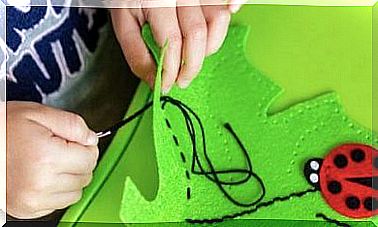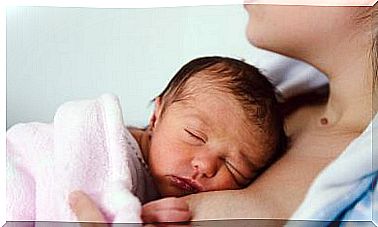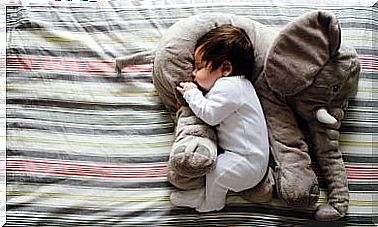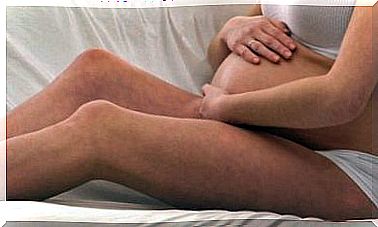Postpartum Obsessive Compulsive Disorder And How To Deal With It
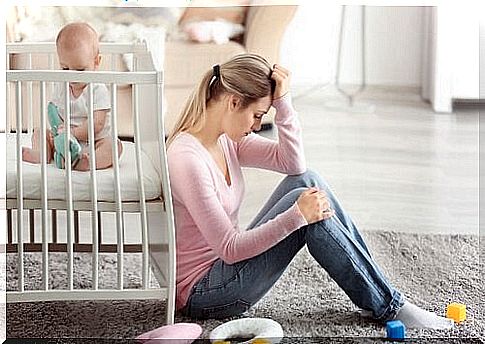
As postpartum obsessive compulsive disorder (POCD) recurrent thoughts or compulsive acts are called, which some women are experimenting after delivery.
As a result, everyday life is severely impaired. Because nonsensical, exaggerated thoughts and actions cannot be controlled by the women concerned, even if they are partially aware of them.
Then learn more about this topic.
Postpartum Obsessive Compulsive Disorder: Causes
Experts do not yet agree on the exact causes. The hormonal and physical changes after the baby is born are often blamed for this.
A postpartum OCD is probably related as well as other diseases with the interaction of environmental, biological and genetic factors.

Risk factors
Certain factors can increase your risk for this condition:
- Family history of obsessive-compulsive disorder
- Mood disorders such as stress, anxiety disorders, depression, etc.
- Traumatic or highly stressful events
- Difficulties in childbirth and lack of postpartum relief
Postpartum Obsessive Compulsive Disorder and its frequency
About 3% of mothers develop postpartum obsessive-compulsive disorder. Women who have previously suffered from depression are more prone to it.
In general, women experiencing postpartum obsessive-compulsive disorder often confuse it with postpartum depression. The disease is often ignored, making it difficult to pinpoint the frequency.
prevention
How to prevent postpartum obsessive-compulsive disorder is not yet known. However, a healthy lifestyle and good personal, especially psychological, support can have a preventive effect.
If you are diagnosed with postpartum obsessive compulsive disorder, it is important to treat it. This will allow you to achieve satisfactory results and a quick recovery.
Signs of Postpartum Obsessive Compulsive Disorder
Affected mothers are extremely concerned about the baby and his or her care. This leads to excessive behavior. Only after performing these compulsions can women come to rest again.
Some signs of this situation are:
- insomnia
- Lack of rest (when caring for the baby)
- Excessive protection. For example, the mother might hold the baby in her arms all the time for fear that something might happen to the child.
- Rituals and repetitive behaviors. For example, checking the contents of the wallet, over-sterilizing the bottle or over-cleaning various items several times a day.
- Excessive accumulation of objects. This gives the mother a feeling of security that she has everything she needs.
- Perfectionism. The thought that not everything will be done perfectly and that the baby could be harmed leads to constant stress.
- Avoidance behavior (so as not to harm the baby). For example, not to use knives or other sharp objects or to forego certain products, etc.
These signs can lead to a deterioration in the quality of life for women. This influences everyday life and personal relationships.

Treatment of Postpartum Obsessive Compulsive Disorder
Family support is critical in finding solutions. It is also very beneficial for the woman to delegate certain tasks to someone else. These can also be very small, simple tasks.
For example, if you can call on the help of the grandparents, the mother can relax for a while because a confidante is looking after the baby.
Of course, it is not easy for a woman with OCD to give up her baby. Family and friends therefore need patience!
Regular care from a psychologist is important in overcoming postpartum obsessive-compulsive disorder. That is why it is advisable to be consistent in applying these tips and guidelines.
